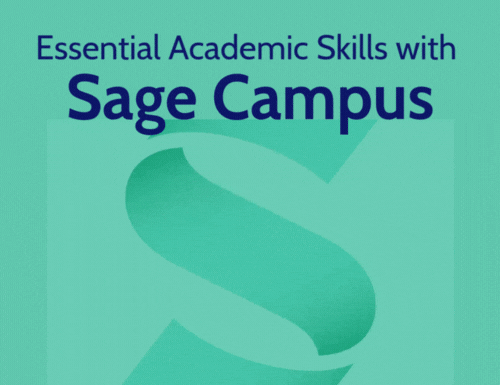Recommended Reads
- Mae Lim & Stephanie Ow
- Oct 21, 2025
- 2 min read
In the midst of another busy semester, take a moment to unwind with a pick from the library’s latest arrivals.

Title: Elizabeth Choy: Singapore's Kind Heroine
Author: Shawn Seah
Call No.: PE1127.B53 OahS
Part of the Our Amazing Heroes series, this book introduces young readers to the inspiring life of Elizabeth Choy, one of Singapore’s most admired war heroines.
Written for primary school students, it recounts how she and her husband secretly aided prisoners of war during the Japanese Occupation—efforts that led to her imprisonment and torture. The story continues with her post-war contributions as a Legislative Council member, Volunteer Corps officer, and the first principal of the Singapore School for the Blind. With clear and simple explanations of historical events, the book highlights bravery, sacrifice, and service to inspire a new generation.

Title: Say It Well: Find Your Voice, Speak Your Mind, Inspire Any Audience
Author: Terry Szuplat
Call No.: PN4129.15 Szu
Who better to learn from about speechmaking than President Obama’s former chief speechwriter? In Say It Well, Terry Szuplat draws on eight years in the White House to share lessons from working with one of the world’s most admired orators. Written with the rhythm of an engaging speech, the book takes readers through the entire process, from crafting words to commanding delivery while offering practical tips (why not writing out your speech is the worst advice ever, whether to tell a joke). Weaving together conversations with Obama, excerpts from iconic speeches, and insights from other powerful speakers, Szuplat offers practical and actionable advice on the craft of speechmaking. Beyond technique, the book provides enduring reflections on what makes a speech truly resonate.

Title: May Contain Lies : How Stories, Statistics, and Studies Exploit Our Biases - and What We Can Do About It
Author: Alex Edmans
Call No.: ZA3088 Edm
In May Contain Lies, economist Alex Edmans explores how our biases make us vulnerable to misinformation and shows how to guard against it. Through vivid examples—from corporate disasters to diet fads —he illustrates how easily we confuse stories, statistics, and studies for truth. Edmans introduces a practical framework to determine whether something is truly fact, data, evidence, or proof, while emphasising the importance of understanding cause-and-effect relationships. Accessible and engaging, this guide equips readers with critical thinking tools to make clearer, better-informed decisions in a noisy information age.




Comments